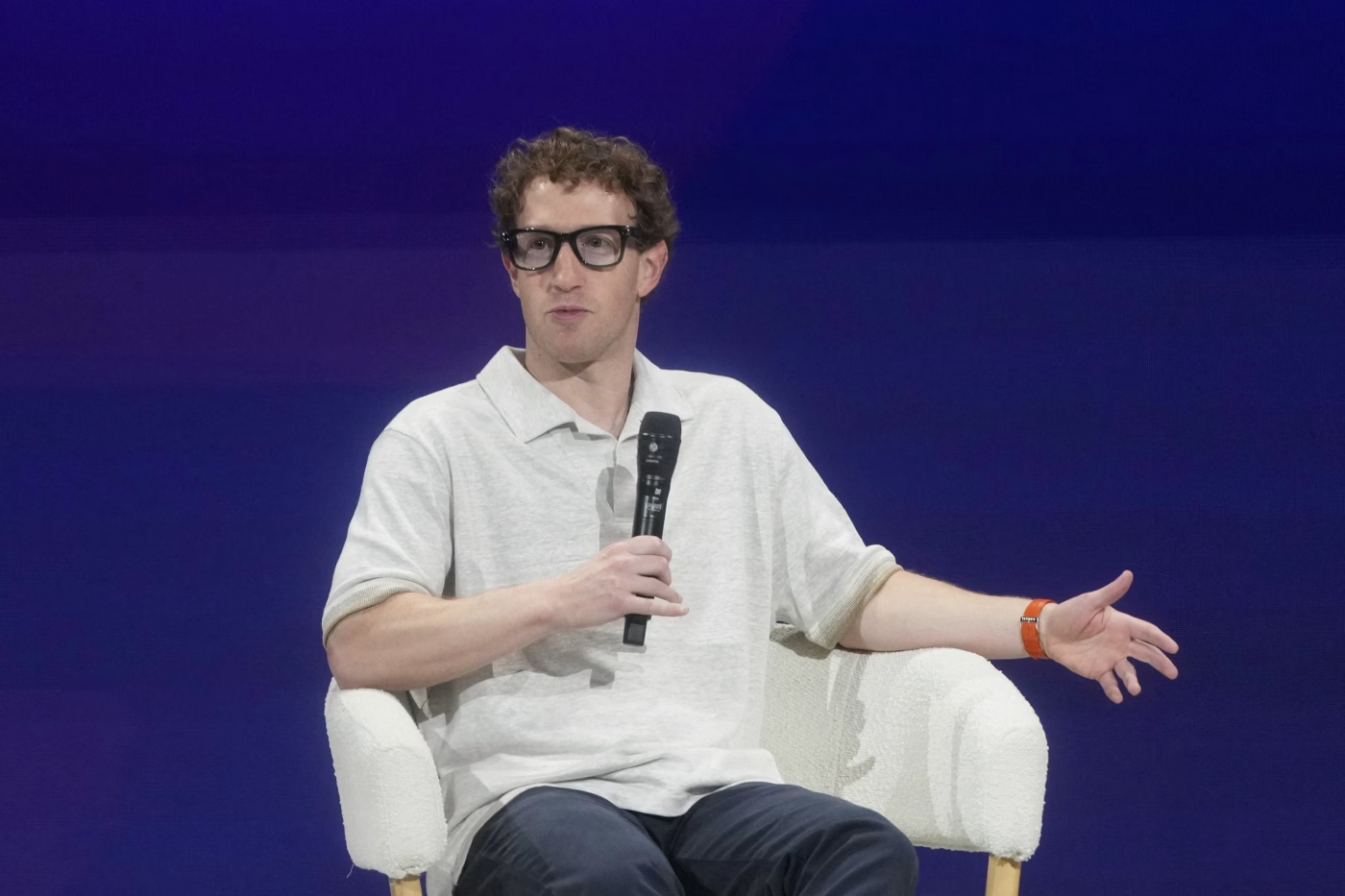- ** Background and Meta’s recruitment strategy**
- ** Background of the three fellows**
- # OpenAI’s response and industry impact
- Meta’s motivation and future prospects
- ** Industry background versus talent competition**
According to various media reports, Meta succeeded in removing three top researchers from Openai, Lucas Beyer, Alexander Kolesnikov and Xiaohua Zhui, to strengthen its superintelligence project. The three fellows previously worked at OpenAI’s office in Zurich, Switzerland, and co-founded the office later in 2024. Before joining OpenAI, they worked together with Deep Partnership and Technical Expertise in Google Deepmind.
** Background and Meta’s recruitment strategy**
The Chief Executive Officer of Meta, Mark Zuckerberg, has been active in promoting corporate competitiveness in the area of artificial intelligence in recent years, particularly in the development of “super-intelligent” or “general-purpose artificial intelligence” (AGI). According to the Wall Street Journal, Zuckerberg has personally been involved in the recruitment of the world’s top AI talent, directly reaching out to the target researchers via e-mail and WhatsApp, and has even set up an internal chat group called “Breathing Party” to coordinate recruitment targets. He also hosted dinners at his home in Palo Alto, California, and in Lake Taho, inviting potential AI talent.

** Background of the three fellows**
-
Lucas Beyer Worked for six and a half years in Google, focusing on a machine learning system that supports multi-model AIs, including scalable AI models that integrate a variety of data patterns, such as text and images. He was involved in the development of cutting-edge visual models during Google Deepmind.
-
Alexander Kolesnikov also worked in Google for six and a half years as a senior researcher, focusing on visual AI technology. He led a number of visual model trainings between 2018 and 2024, including the most advanced (SOTA) models on ImageNet in 2019, 2020 and 2021. He was also the co-author of the Vision Transformer (ViT) paper, which produced a visual Transformer model, quoted as high as 49,000 times.
-
Xiaohua Zhai: A Chinese researcher who graduated from Nanjing University and obtained a doctorate in computer science from Beijing University in 2014. He was a senior research scientist and manager at Google Deepmind, leading a multimodel research team in Zurich focusing on multi-model data (e.g. WebLI), open weight models (e.g. SigLIP, PaliGemma) and cultural diversity research. He was also the co-author of ViT ‘ s paper.
During Google Deepmind’s collaboration, the three fellows jointly developed several front-line visual models, including Vision Transformer (ViT), SigLIP, PaliGemma, etc., which contributed significantly to the field of computer visualization and multi-model AI. They jumped from Google Deepmind to OpenAI in December 2024, and established the OpenAI European Office in Zurich, focusing on multi-model AI research.
# OpenAI’s response and industry impact
OpenAI’s spokesperson confirmed the departure of the three fellows without providing further details. OpenAI’s CEO, Sam Altman, revealed in a June 17 podcast that Meta had offered OpenAI’s staff a contract bonus of up to $100 million to attract its best talent. However, the departures of Bayer, Kolesnikov and Xiaohua were seen as a major setback to OpenAI’s European expansion plan. An anonymous OpenAI researcher said, “not only is the brain drain, but it is a direct blow to our European layout. They are the backbone of Zurich’s office.” The industry analysts compared this to the “NBA champion team lost three leading players in the middle of the season”, emphasizing that the three fellows were not only technocrats, but also intellectual leaders in the AI field. Their departures could trigger a reassessment of pay and career prospects within OpenAI and highlight the intensity of AI’s competition.
Meta’s motivation and future prospects
Meta is seen as part of its “reverse wind” strategy in the AI field. Zuckerberg wants to accelerate the “super-intelligent” goal by forming a team of top experts to develop an AI system that transcends humans on all tasks. At present, AI technology is not at this level, and is generally at a stage of “weak artificial intelligence” or close to “general artificial intelligence” (AGI). Meta’s super-intelligence team will focus on areas such as multi-model AI, computer visual and large-scale model training, with the participation of Bayer, Koresnikov and Xiaohua injecting key expertise and teamwork experience. In addition, Meta’s recruitment action reflects its competitive attitude towards OpenAI. Otman once said that Meta regarded OpenAI as its biggest competitor, as appeared to be evidenced by Meta’s aggressive recruitment strategy. However, Meta’s efforts were not all successful.
** Industry background versus talent competition**
In recent years, AI’s competition for talent has intensified, especially in such frontier areas as computer visualization, natural language processing, and multi-model AI. OpenAI, Google Deepmind, Meta AI, and Anthropic companies have invested heavily in attracting top researchers. Some in the industry are concerned that large salaries and competitions could lead to an over-concentration of resources in a few large technological giants, limiting the ability of small and medium-sized research institutions and start-ups to innovate. At the same time, OpenAI, as a pioneer in AI’s security and ethics research, may have an impact on its long-term mission.
